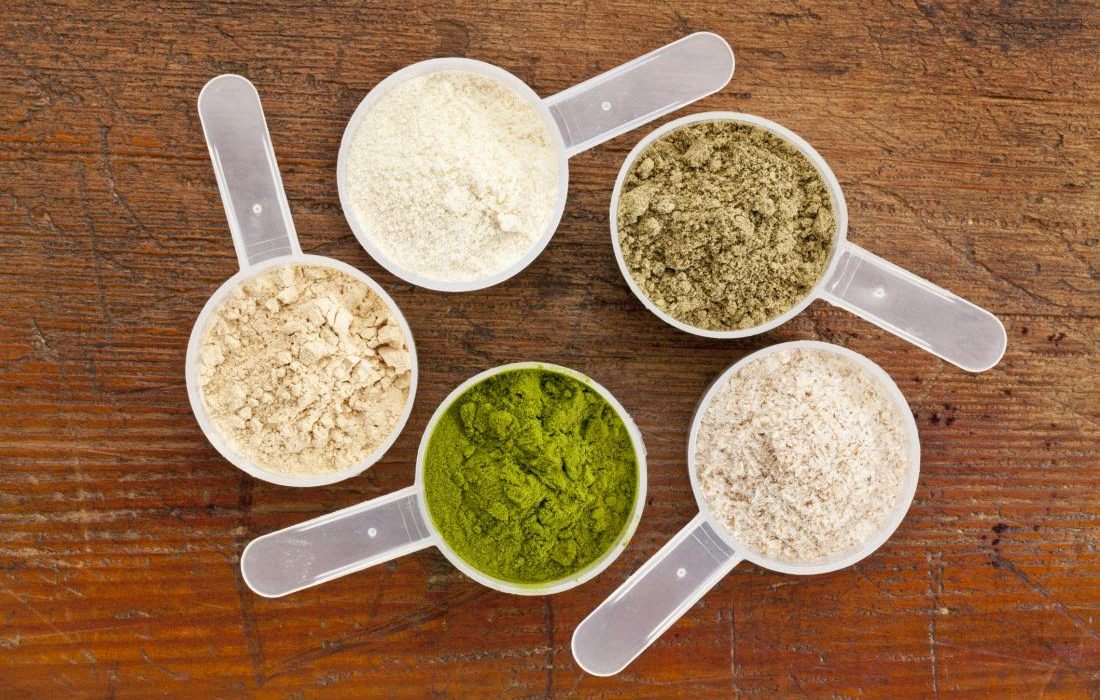Our resident nutritionist, Lisa Stanton-Smith talks about everything you need to know about protein powders. From who benefits most to banned ingredients, Lisa has written a comprehensive guide for sports enthusiasts and beyond.
Sports nutrition & protein powder
Sports nutrition is a big business. In the US alone last year sports protein powders reported a net worth of $4.7 billion. This makes it one of the most profitable sectors of the sports nutrition industry. These figures shine a beaming light on the fact that millions of dollars every year are also spent on product marketing. Leading to THE most common question I get asked in clinic: should I use protein powder, and which is best?
Certain groups in the community do require more protein than others. These include athletes, older adults, active teenagers, and those who are injured or unwell. And in these individuals greater consideration is required to reach nutritional requirements. But lets take athletes as an example.
How much protein?
Current research suggests that athletes should ingest 0.3g of protein per kg of body mass, at 4-6 meals or snacks each day. For example, a 60kg athlete needs to consume 18g (60 x 0.3), at 4-6 meals every day for optimal performance and recovery. What does 18g look like? 3 eggs; 100g (raw weight) of meat or fish; 200g natural yoghurt with 1/4 cup nuts; or 1/2 cup beans with 1/2 cup quinoa etc. With some basic understanding of what foods contain protein, it becomes VERY easy to consume enough protein this way. The added benefit being the other nutrients found in the food itself, and the pleasure of eating a meal.
But alas, you’ve probably heard that X amazing athlete consumes X-brand of protein powder. And maybe they do. And maybe that’s because they didn’t have the time/ couldn’t be bothered buying a cheaper real food version. BUT it could also be because X-brand of protein powder pays them good money to promote said product (highly likely).
Who should use protein powder?
Now, this is not to say protein powder has zero benefit. For athletes such as those >100kg who have excessive training schedules it can be difficult to physically consume enough protein (and other nutrients) in a day through food alone. This is where smoothies with a good quality protein powder can be handy. The same is true for an older adult who can no longer chew food effectively. Or for the travelling athlete who cannot source a ‘safe’ food within 30 mins of their training session. Protein powders have their place.
For those needing to utilise protein powders to supplement their existing food intake: whey protein isolate (WPI) outperforms all others based on bioavailability and digestibility in the sports nutrition context. For those who don’t/can’t consume dairy a plant based combination is your best bet, such as pea and rice protein. However if you are using protein powders multiple times every day, then there are bigger nutritional issues that need to be looked at.
What about compliance with sports authorities?
For drug tested athletes, the bigger concern with protein powders is are they ASADA/WASADA compliant? Whilst there may be no ingredients in the powder that are banned substances, the factory in which the protein powder was processed may have also been manufacturing banned substances. So the question is: are you willing to risk your career on there being zero trace of any banned substance in the protein powder you are purchasing, because you couldn’t be bothered buying some yoghurt instead? I certainly wouldn’t be taking that risk.
It is possible to purchase smarter though. If protein powders are absolutely essential for you: Informed Sport and Informed Choice conduct third party testing to ensure the safety of some products for drug-tested athletes. If you fall into this category, I would highly recommend only buying products on these lists.
The bottom line is, despite the high usage of protein powders based on clever and elaborate marketing campaigns, you probably don’t need to use it at all.





